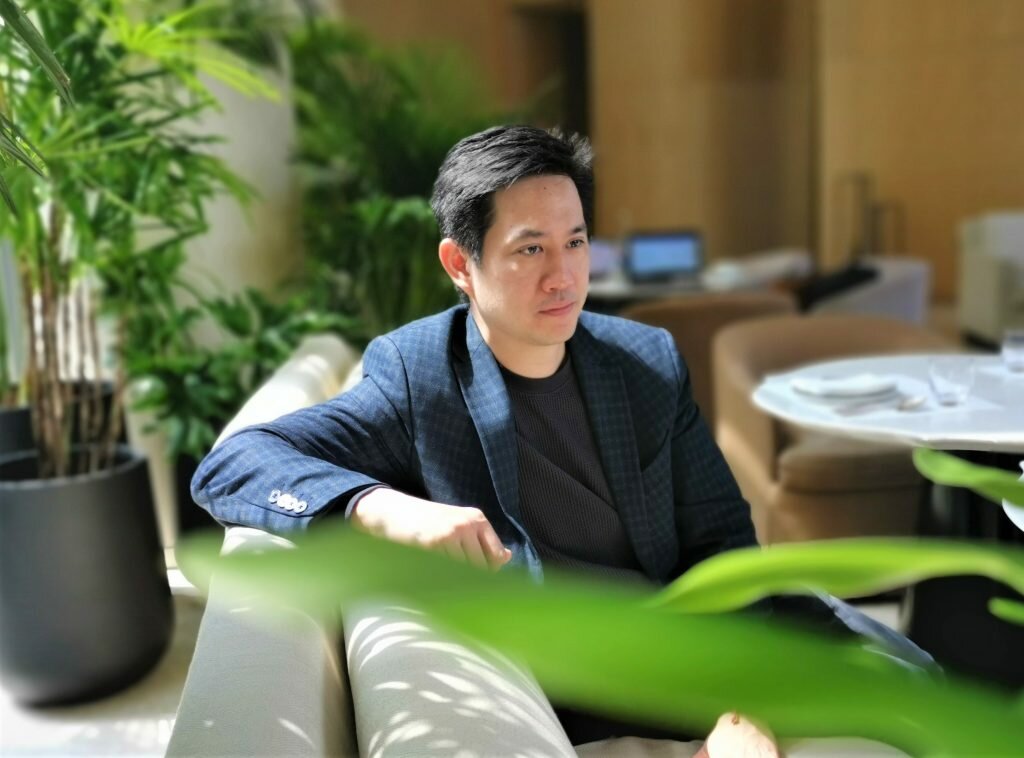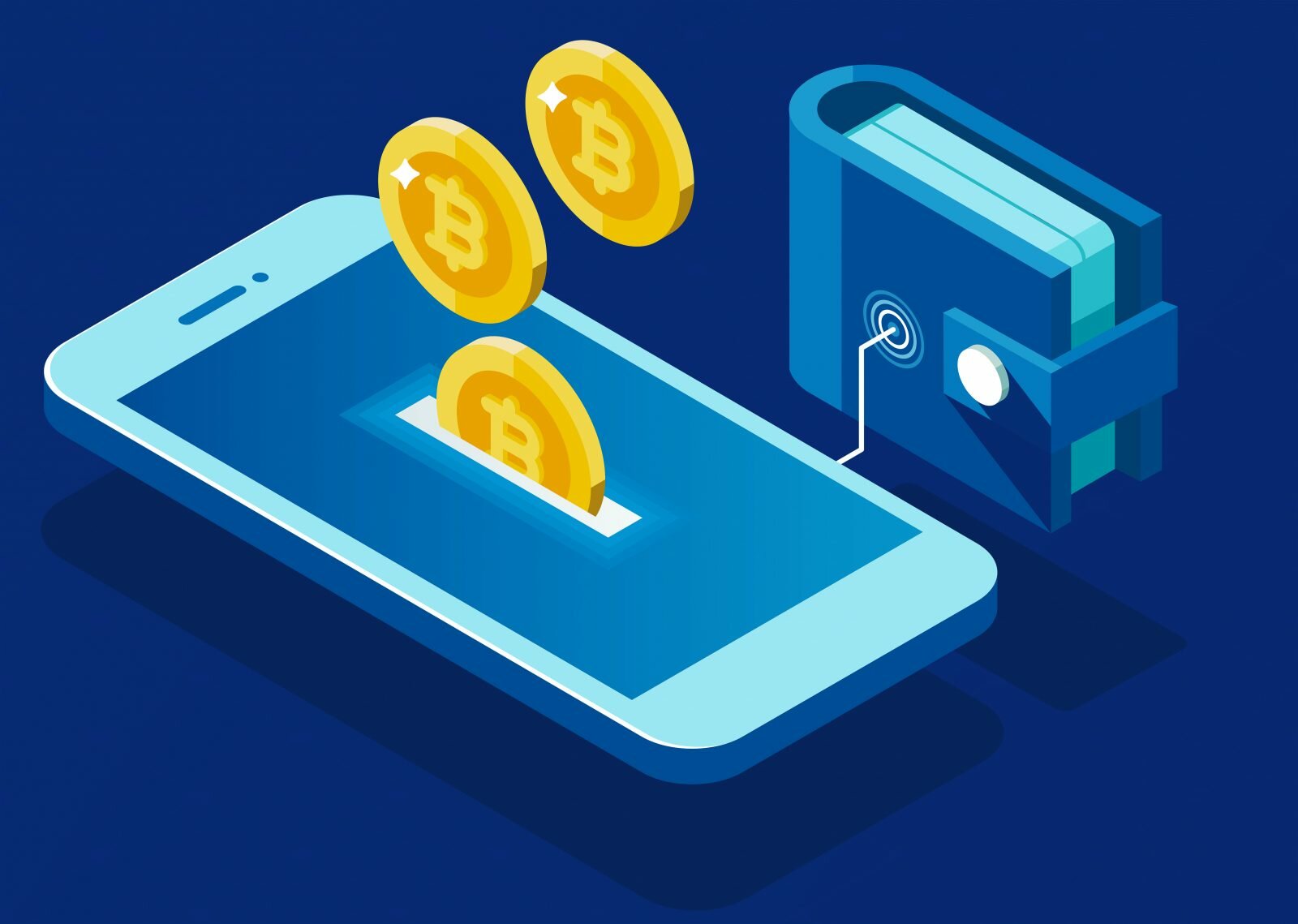Technology is changing our lives, from the way we interact with friends and colleagues to the way we order food and entertain ourselves. But it’s not just consumer technology that is leading this revolution. Financial technology (or fintech) is also disrupting the way we save, use and transfer money.
At the same time, it may even help level the playing field. New technology is not just for the wealthiest one percent. In developed economies, fintech is reducing the costs of banking, investing and saving for everyone. In developing countries, it allows the unbanked access to traditional banking services without the need for a physical bank account.
One area fintech has a major impact on is remittance services. For too long, the cost of making international money transfers has been unnecessarily high. This hits the poor and unbanked the hardest as they have limited options when making transfers. Migrant workers, who regularly remit money to their loved ones at home, are also subject to the excessively high money transfer fees from traditional providers.
Such transaction fees and not-always-competitive foreign exchange rates eat massively into the amount of money being transferred. In such an unfavourable environment, migrant workers may be tempted to pursue underground payment routes, which are often unreliable, not to mention risky.
Seeking to address these issues and take on the global remittance market is Bangkok-based fintech start-up Lightnet. It will start by targeting unbanked migrant workers in Southeast Asia — who account for an estimated US$150 billion (S$206 billion) a year in remittance transactions.
Last year, the fintech player raised US$31.2 million in early stage funding led by UOB Venture Management, Seven Bank and Uni-President Asset Holdings, among other investors. What’s different about Lightnet is that it is backed by six conglomerates in Asia who possess an extensive network of banks and retail outlets in the region. For Lightnet, that means multiple access points for customers to send and receive cash.
Looking at its well-connected backers, it is likely that retail outlets will play a major role in Lightnet’s growing payments network. For example, Seven Bank, a subsidiary of Seven & I Holdings in Japan, owns all 7-Eleven stores in Japan and more than 69,000 convenience stores globally. Uni-President Asset Holdings is the investment arm of Uni-President Enterprises, which also owns over 9,000 7-Eleven and Starbucks outlets across Taiwan, China and the Philippines. With this vast network, customers have a quick and convenient way of sending money overseas cheaply.
Thai tycoon Chatchaval Jiaravanon is the chairman of Lightnet while Tridbodi Arunanondchai is co-founder and vice chairman. According to Arunanondchai, the company expects its customer base and usage to grow quickly. While their customer base will primarily be migrant workers, Lightnet may expand its services to foreign workers or expatriates who have bank accounts but are looking for a cheaper and faster remittance alternative.

(Image: Lightnet)
‘’In the near future, we plan to integrate Lightnet’s services into 7-Eleven stores, offering a much needed financial solution to the immigrant workers conveniently anywhere in the (Thai) kingdom. We are able to cover all 7-Eleven availability across Asia Pacific and to deliver cash- to-cash solutions using blockchain, which offers real-time settlement,’’ Arunanondchai says.
The ultimate goal of Lightnet “to offer low-cost and instantaneous financial inclusivity and mobility to four billion lives across Asia Pacific” is an ambitious one. This will be powered by fast, scalable and sustainable blockchain technlogy from Interstellar. Interstellar is the commercial arm of Stellar Development Foundation, a non-profit organisation.
So why start with the unbanked population?
“Firstly, the transaction time is too lengthy and immigrant workers still line up for hours to transfer money. Secondly, the unbanked and underbanked are often turned down at most financial institutions, mostly for credit reasons, and are forced to seek alternative remittance services, which I believe creates inequality in society,’’ adds Arunanondchai .
While it is headquartered in Bangkok due to its founders’ Thai roots, Lightnet is a Singaporean company. After launching in Thailand, it will roll out the low-cost payment service to Singapore, mainland China, Hong Kong, South Korea and Japan.
“Our world-class talent pool allows us to accelerate the technology adoption with or without the government’s aid. I don’t see a reason why we should hold back and work closely with governmental offices to bring out a better quality living for all, Thais and foreigners,’’ muses Lightnet’s co-founder.
With a potential to disrupt existing financial systems and structures, fintech may very well help bring about greater financial inclusion while narrowing the wealth disparity.
“Nowadays, we all see a fast-moving world of rapidly evolving technology and related financial services. Fintech is helping to transform the financial services landscape and plays a significant role in making financial products more accessible to more people. Cost gets reduced and money transfer becomes easier with less friction and is instantaneous,’’ says Arunanondchai.
Billionaires, corporations and wealthy individuals across the globe are far more active nowadays in their philanthropic efforts. Bill and Melinda Gates’ charitable foundation is one of the most high-profile vehicles for philanthropy while, closer to home, Chinese billionaire Jack Ma has dedicated millions to educational causes in China. And Arunanondchai hopes to do the same.
“I will do everything in my power to make the world a better place. If the success of Lightnet can allow me to be that catalyst, I will jump at the opportunity.”
This story first appeared in the April 2020 issue of A Magazine.
